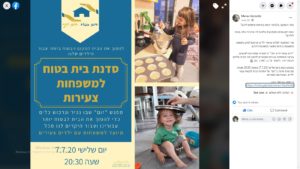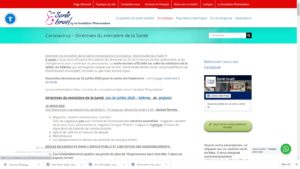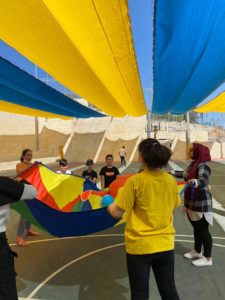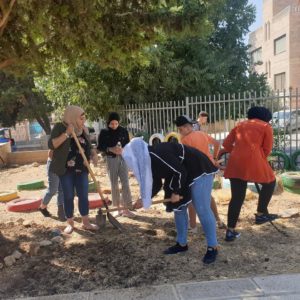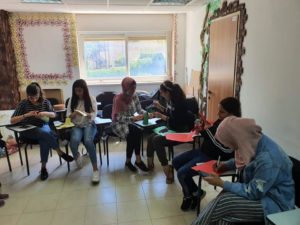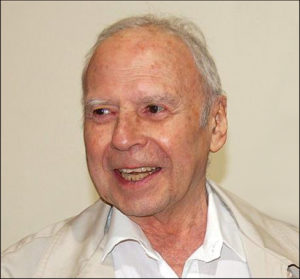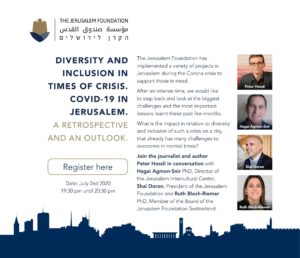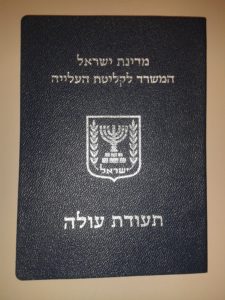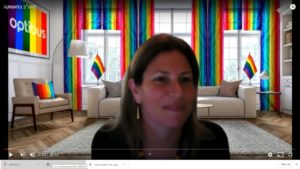Living Safer Living Longer for Young Families through Zoom
As the world moved to Zoom, as did Living Safer, Living Longer.
Since June, we’ve held two workshops on Zoom for young families. There were about 10 families at each meeting. After each one, about 60% (6 of them) call the receive further guidance in making their homes safe.
Here’s one example: After an online lecture, a young father called Living Safer, Living Longer Director Aliza Shabo-Hayut with a question – he and his wife were going away for the weekend and he’d like for his mother – who would be watching their young son – to receive direction in maintaining a safe household. So we called her, and provided the necessary guidance. The weekend went by fine, and all were well.
Many thanks to the Jerusalem Foundation for their continued support of Living Safer, Living Longer.

